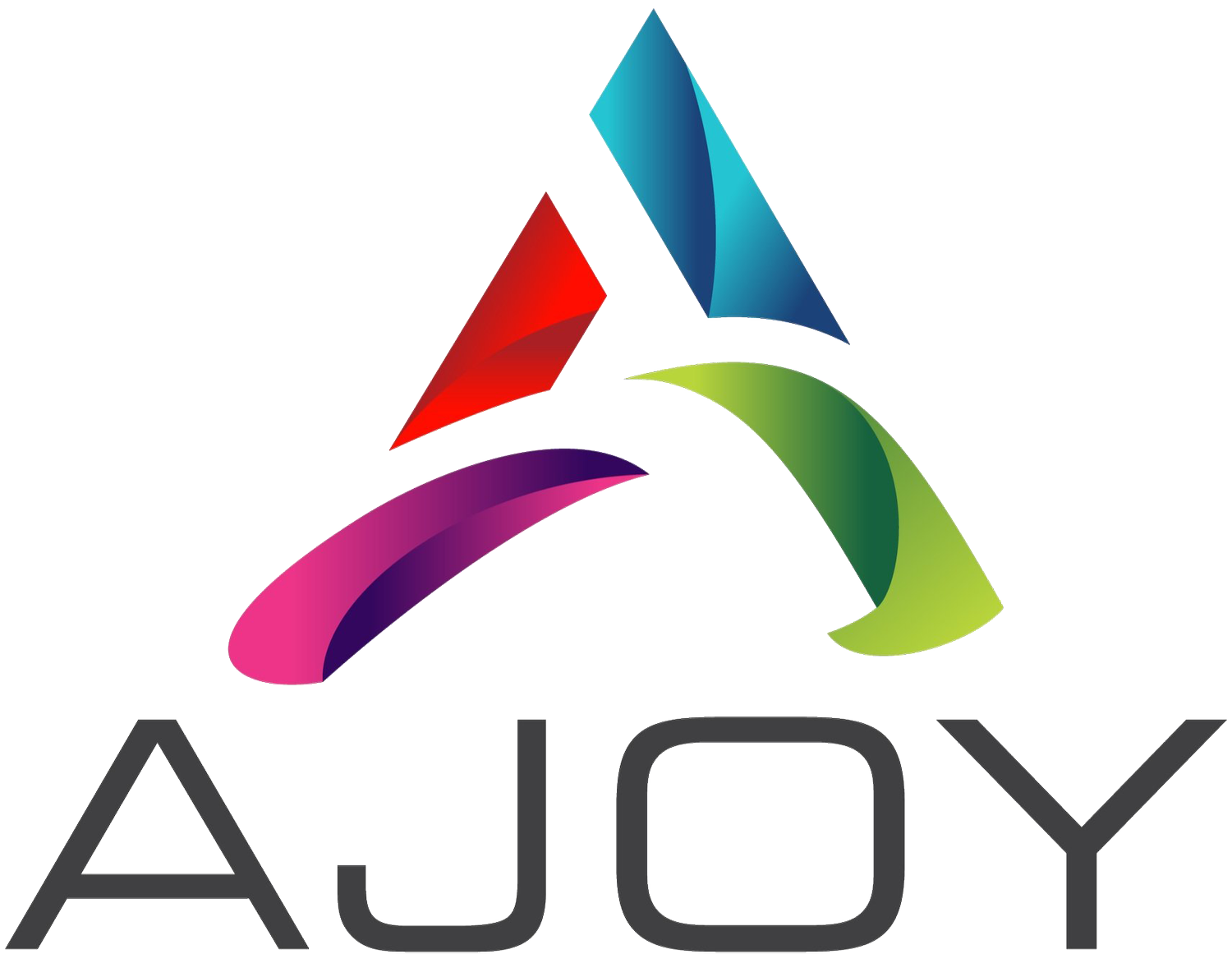How To Know You’re Ready (To Start Your Own Business!)
We all know someone who was born an entrepreneur, right? Even back in childhood, they were always coming up with ways to make money. Maybe we watched from afar in admiration as they attempted and carried out various business ventures. For others, though, the desire to run their own business comes later in life. Many times, we only realize we want to do this — and are capable of it — after we’ve worked in a cubicle under someone else’s thumb for many, many years. But then an idea begins to take shape in our mind, one that we begin thinking about every day.
And then we start to wonder. Is it possible? Could we actually take the leap and start our own business? Let’s talk about how you can tell if the time has come for you to do it or not.
Are You In The Right Place Financially?
Before you do anything, examine your finances to make sure you have enough capital to invest in your new company. Many people mistakenly think that it’s okay to start a business by borrowing money (thereby instantly going into debt). Others believe that they will be able to immediately find interested investors who will fund their fledgling business.
In fact, the best way to begin is to be the first investor in your business. To fill this role, take your time and make sure that you’ve saved the proper amount of money before you move forward.
You’ll want to set aside three buckets of cash. These buckets should include 1) startup money (to pay for startup expenses like formation costs, supplies, software, and equipment), 2) operating money (to pay for at least three to six months’ worth of all monthly expenses like your internet and utilities, web hosting fees, software subscriptions, and phone costs) and 3) contingency money (so your company has savings and an emergency fund).
When it comes to your company’s overhead costs, remember that whether you bring in any income or not, you’ll need to pay all of them every month.
What Else Should You Consider Before Taking The Plunge?
As you are financially preparing yourself to fund your business, it’s essential to also create a business plan [How To Develop a Business Plan (And Why You Need To)] because you need to be very clear on all aspects of your business. This means thinking through the 3 Ps: Purpose, Processes, and Pricing.
Purpose: Ask yourself: What is the purpose of my business? What drives everything else? Make sure your answer is specific and unambiguous. For example, maybe the purpose of your business will be two-fold: to make money and to make a social impact too. Or will it be solely mission-based? Or only focused on driving revenue?
Processes: Next, it’s time to hammer out the details of exactly how you’ll operate your business. What will be the steps in each process? Who will do what? How will you deliver what you’re selling? How will customers pay you? All of these details matter. Figure them out beforehand so everything will be streamlined and standardized once you are up and running.
(Note, though, that while you should thoroughly think through your processes in advance, it’s okay to make changes along the way! This is to be expected! But it is important to start with an initial plan in place.)
Pricing: Be intentional about setting your pricing so your business will be profitable. Underpricing is a common mistake that new small business owners make. Do your research beforehand to make sure your prices are in line with your market and industry.
OK, You’re Going To Do It! What’s Your Very First Step?
Once you’re financially prepared and have clarity when it comes to your business’s purpose, processes, and pricing, it’s time to get your back office together. What does this mean? Choose the accounting and Point of Sale (POS) systems you are going to utilize to capture all of the financial data. Determine what technology your business will rely on to receive payments from customers, the process you’ll use to send invoices, etc., and then implement these.
Also, decide who is going to handle your business taxes and have a conversation with them. Find a tax professional [5 Questions to Ask Before Hiring a Tax Professional] because, without a doubt, they will bring up topics and concerns previously unknown to you, and they’ll help you plan from a financial standpoint. Don’t forget: Every business decision relates back to an accounting decision. If there’s no accounting, there will inevitably be no business.
A Final Word From Tuesday Brooks Founder of AJOY
If you’re feeling ready to try your hand at running your own business, that’s great! What an accomplishment it will be! But be deliberate and don’t rush. Go step by step so you start off on the right foot: financially prepared with a sound business plan and established purpose, processes, and pricing. In addition, get a good grasp on the software you plan to use and who will advise you on tax matters and your overall financial picture. Once these elements are all in place, your business will be set up for success. Wishing you the best of luck!


